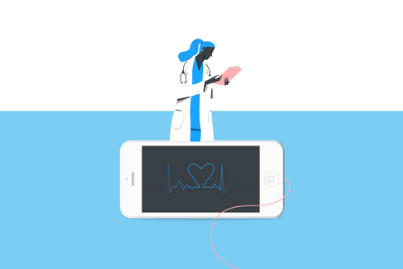How to implement the Care Certificate
Care workers deliver a vital service to vulnerable people across the country.
But after the Cavendish Review highlighted a lack of consistent training was having a negative impact on the level of care delivered, the Government introduced The Care Certificate in April 2015.
The Care Certificate outlines the minimum standards that should be covered in induction training for health and social care workers. It ensures all care staff have the skills, knowledge and behaviours to provide compassionate, safe and high-quality care to patients.
The Care Certificate is broken down into 15 areas of competency:
- Understand your role
- Personal development
- Duty of care
- Equality and diversity
- Work in a person-centred way
- Communication
- Privacy and dignity
- Fluids and nutrition
- Awareness of mental health, dementia and learning disability
- Safeguarding adults
- Safeguarding children
- Basic life support
- Health and safety
- Handling information
- Infection prevention and control
All new health and social care workers are expected to meet the standards set out in the Care Certificate, but it's not a mandatory qualification. Trusts are expected to adapt the standards to suit their staff, without missing any core skills involved in the standards.
While there is no statutory requirement surrounding the Care Certificate, and it is not officially regulated by the Care Quality Commission (CQC), CQC inspectors can enforce the standards in their inspections. It's therefore vital for trusts to consistently train all new care workers to meet the Care Certificate standards.
There are many things you can do to help your staff meet the Care Certificate standards:
Become a leader
If a member of your team has the right knowledge and skills to become a Care Certificate assessor, it's worth investing in them. The National Skills Academy offers interactive training workshops for carers – so they can help you implement the Care Certificate in your trust.
Webinars
Training doesn’t have to be out of a textbook – there are loads of interactive webinars for you to attend. Our NHS experts regularly host 30-minute masterclasses to help you improve the quality of training while reducing costs. You can book your free place here.
Elearning
Trainee carers have a lot on their plate, so anything you can do to make their life easier is a good idea! With a digital resource hub, your care workers can access all the workbooks and guides they need on any device – so they can train wherever they are.
Eportfolio
With an eportfolio, learners can train on-the-go and upload photos, videos and audio clips to prove their competencies. The assessor can access each learner's portfolio and judge their evidence against the specific standards – making the whole assessment process incredibly slick. Eportfolios increase the transparency of learning across your trust as managers can track the progression of their staff and generate the reports they need at the touch of a button. Eportfolios also reduce training time, cut costs and give carers more time to spend with their patients.
To find out how OneFile can help you meet the Care Certificate standards, download our free guide. You'll learn how our eportfolio will benefit different people in your Trust – from managers and assessors to carers and their patients.
This article includes research and opinion sourced by OneFile at the time of publication. Things may have changed since then,
so this research is to be used at the reader's discretion. OneFile is not liable for any action taken based on this research.



